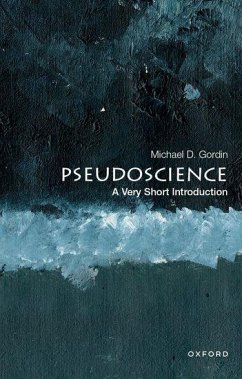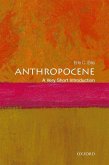Many people would be able to agree on a list of things that fall under the umbrella of pseudoscience - astrology, phrenology, UFOlogy, creationism, and eugenics might come to mind. But defining what makes these fields "pseudo" and differentiates them from genuine science is a far more complex issue. Pseudoscience: A Very Short Introduction explores the philosophical and historical attempts to address this problem of demarcation. Michael D. Gordin guides readers along a bewildering array of marginalized doctrines, focusing on some of the central debates about what science is and is not, and how such controversies have shifted over the centuries. This Very Short Introduction provides a historical tour through various theories, providing readers with the tools to think deeply about scientific controversies both past and present.







